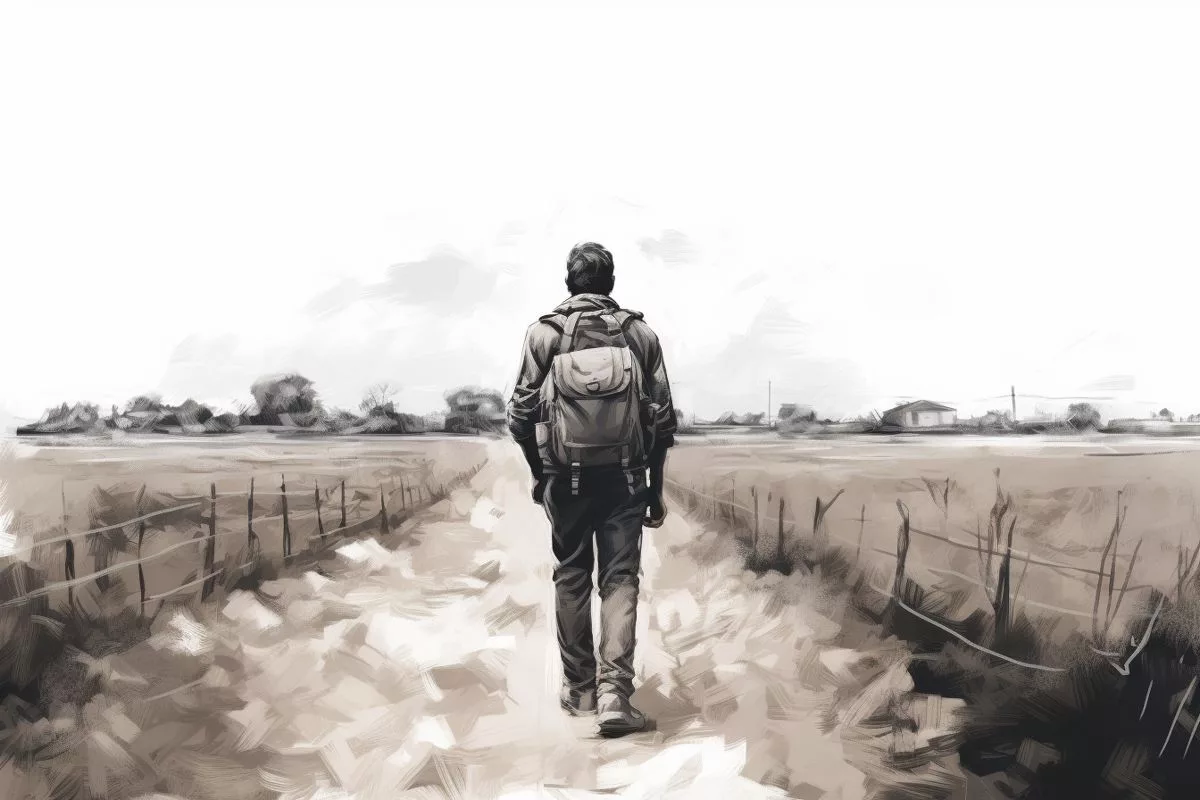South Africa’s White Paper on Citizenship, Immigration, and Refugee Protection represents a daring step towards comprehensive reform of the country’s migration framework. The document seeks to unify existing legislation concerning citizenship, immigration, and protection for refugees under a single policy framework, and suggests tightening procedures for immigration, bolstering the authority of immigration officers, and establishing an autonomous body to handle appeals and reviews. The White Paper marks the beginning of a new era in South Africa’s migration policy, signaling a definitive move from outdated legislation to a well-structured, all-encompassing policy framework.
What is South Africa’s White Paper on Citizenship, Immigration, and Refugee Protection?
South Africa’s White Paper on Citizenship, Immigration, and Refugee Protection is a comprehensive reform of the country’s migration framework. The White Paper aims to unify the existing legislation concerning citizenship, immigration, and protection for refugees under a single policy framework. It suggests changes to the current laws, including reviewing and withdrawing from certain international instruments related to refugee protection. The White Paper also recommends tightening procedures for immigration, bolstering the authority of immigration officers, and establishing an autonomous body to handle appeals and reviews.
It was four years ago that South Africa’s Department of Home Affairs embarked on a significant mission – the formulation of the White Paper on Citizenship, Immigration, and Refugee Protection. After gaining official approval on November 1, 2023, this extensive document symbolizes a daring step towards the comprehensive reform of the country’s migration framework.
Various elements compel people to leave their homeland. These include conflicts, violence, disasters, disease outbreaks, and a desire for improved business and job opportunities. Of late, South Africa has experienced increased demands for effective migration policy and legislative changes. As confrontations between foreigners and citizens have erupted, the pressure to handle the migration matter has escalated.
The existing legislation in South Africa concerning citizenship, immigration, and protection for refugees is tangled in complexities. The laws, including the Citizenship Act, Immigration Act, and Refugees Act, carry remnants of the colonial era and often lack harmony. The White Paper seeks to unify these disparate laws under a single policy framework.
The Changing Face of Refugee Protection
Over the years, South Africa’s approach to refugees and asylum seekers has undergone notable changes. Prior to 1993, the country did not acknowledge asylum seekers and refugees. The nation did not adhere to international or regional conventions regarding the status of refugees and asylum seekers during the apartheid period.
The legal landscape began to evolve with the approval of the Refugees Act in 1998, which forbids the denial of entry, expulsion, or extradition of asylum seekers and refugees. Two years post the initial democratic elections in 1996, South Africa joined various international instruments related to refugee protection, such as the 1951 Convention, the 1967 Protocol, and the 1969 OAU Convention.
However, the country neglected to make reservations and exceptions permitted under international law, a oversight that the White Paper intends to correct. Among the suggested changes, the White Paper recommends that South Africa reviews and withdraws from the 1951 Convention and the 1967 Protocol, and re-joins them with reservations, akin to other nations.
Revolutionizing Concept of Citizenship
The White Paper dives into the citizenship issue by suggesting drastic changes. It recommends reviewing certain sections of the Citizenship Act, including those relating to naturalization-based citizenship. It puts forward the idea of repealing the Citizenship Act and Births and Deaths Registration Act, effectively merging them into a single legislation dealing with citizenship, immigration, and refugee protection.
The White Paper also advocates for the creation of a comprehensive register for all individuals granted citizenship by naturalization, which should be annually presented in Parliament by the Minister.
Immigration: A Delicate Matter of Balance
The subject of immigration is draped in complexity and nuances. The allure of South Africa has attracted many worldwide, leading to an overabundance of foreign nationals residing in the country, both legally and unlawfully. The White Paper recommends a series of steps to tighten procedures, bolster the authority of immigration officers, and implement integrated IT systems to detect fraudulent activities in the issuance of visas, identity papers, marriage licenses, and passports.
It also suggests the establishment of an autonomous body, akin to Canada’s Immigration and Refugee Board, to handle appeals and reviews. This autonomous body could significantly streamline the current system, ensuring a faster decision-making process.
Charting the Future Course
The White Paper marks the beginning of a new era in South Africa’s migration policy, signaling a definitive move from fragmented, outdated legislation to a well-structured, all-encompassing policy framework. As the nation struggles with the intricacies of migration, the White Paper presents a road map for a transformative approach that respects human rights while protecting national interests.
The Minister of Home Affairs, Dr. Aaron Motsoaledi, urges all citizens and stakeholders to critique and enhance the White Paper. Thus, it stands as not merely a revamp of the migration system, but a communal effort to mold a more inclusive and equitable South Africa.
The White Paper stands as a landmark in South Africa’s legislative history, serving as a guiding light directing the nation towards a fair and thoughtful migration system. As South Africa initiates this journey, the world watches in anticipation, eager to see how this trailblazing initiative will reshape the global migration policy landscape.
Indeed, the White Paper is more than a document – it’s a pledge from South Africa to envision a future where everyone, regardless of their origin, can find a home.
1. What is South Africa’s White Paper on Citizenship, Immigration, and Refugee Protection?
South Africa’s White Paper on Citizenship, Immigration, and Refugee Protection is a comprehensive reform of the country’s migration framework. The White Paper aims to unify the existing legislation concerning citizenship, immigration, and protection for refugees under a single policy framework.
2. What changes does the White Paper suggest for refugee protection?
The White Paper suggests reviewing and withdrawing from certain international instruments related to refugee protection. It recommends that South Africa re-joins them with reservations, akin to other nations.
3. What changes does the White Paper recommend for citizenship?
The White Paper recommends reviewing certain sections of the Citizenship Act, including those relating to naturalization-based citizenship. It puts forward the idea of repealing the Citizenship Act and Births and Deaths Registration Act, effectively merging them into a single legislation dealing with citizenship, immigration, and refugee protection.
4. What steps does the White Paper suggest for immigration?
The White Paper recommends a series of steps to tighten procedures, bolster the authority of immigration officers, and implement integrated IT systems to detect fraudulent activities in the issuance of visas, identity papers, marriage licenses, and passports. It also suggests the establishment of an autonomous body, akin to Canada’s Immigration and Refugee Board, to handle appeals and reviews.
5. What does the White Paper signify for South Africa’s migration policy?
The White Paper marks the beginning of a new era in South Africa’s migration policy, signaling a definitive move from fragmented, outdated legislation to a well-structured, all-encompassing policy framework.
6. Who is responsible for improving the White Paper?
The Minister of Home Affairs, Dr. Aaron Motsoaledi, urges all citizens and stakeholders to critique and enhance the White Paper. Thus, it stands as not merely a revamp of the migration system, but a communal effort to mold a more inclusive and equitable South Africa.








